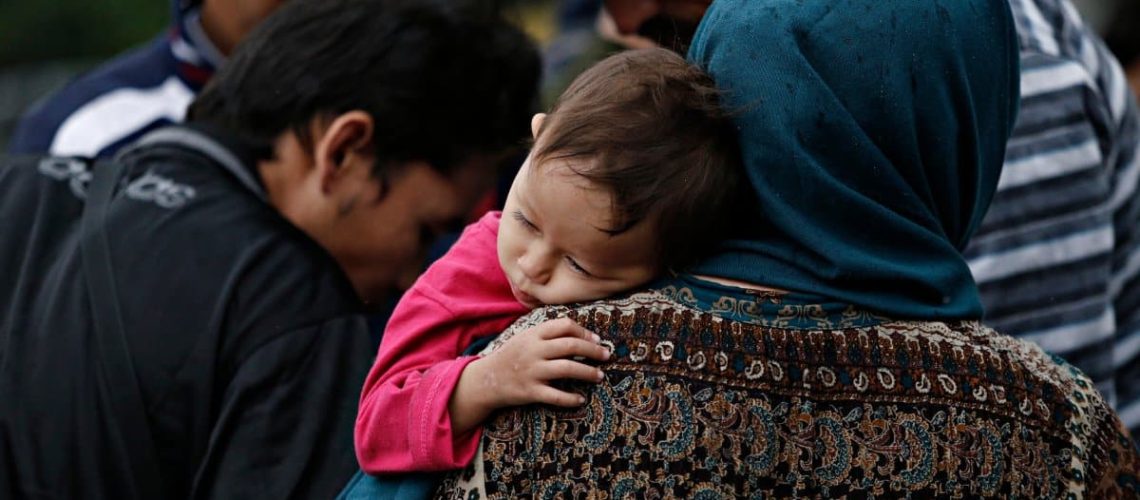The global refugee crisis continues to deepen, with millions of individuals forced to flee their homes due to persecution, conflict, and violence. However, the journey to safety is fraught with numerous injustices that refugees encounter along the way. From discrimination to lack of access to basic rights, these injustices exacerbate the already dire situation for those seeking refuge.
1. Discrimination and Stigmatization

Refugees often face discrimination and stigmatization in host countries, where they may be viewed as a burden or a threat to local communities. This discrimination can manifest in various forms, including denial of employment opportunities, social exclusion, and verbal or physical attacks, leaving refugees vulnerable and marginalized.
2. Inadequate Access to Basic Needs
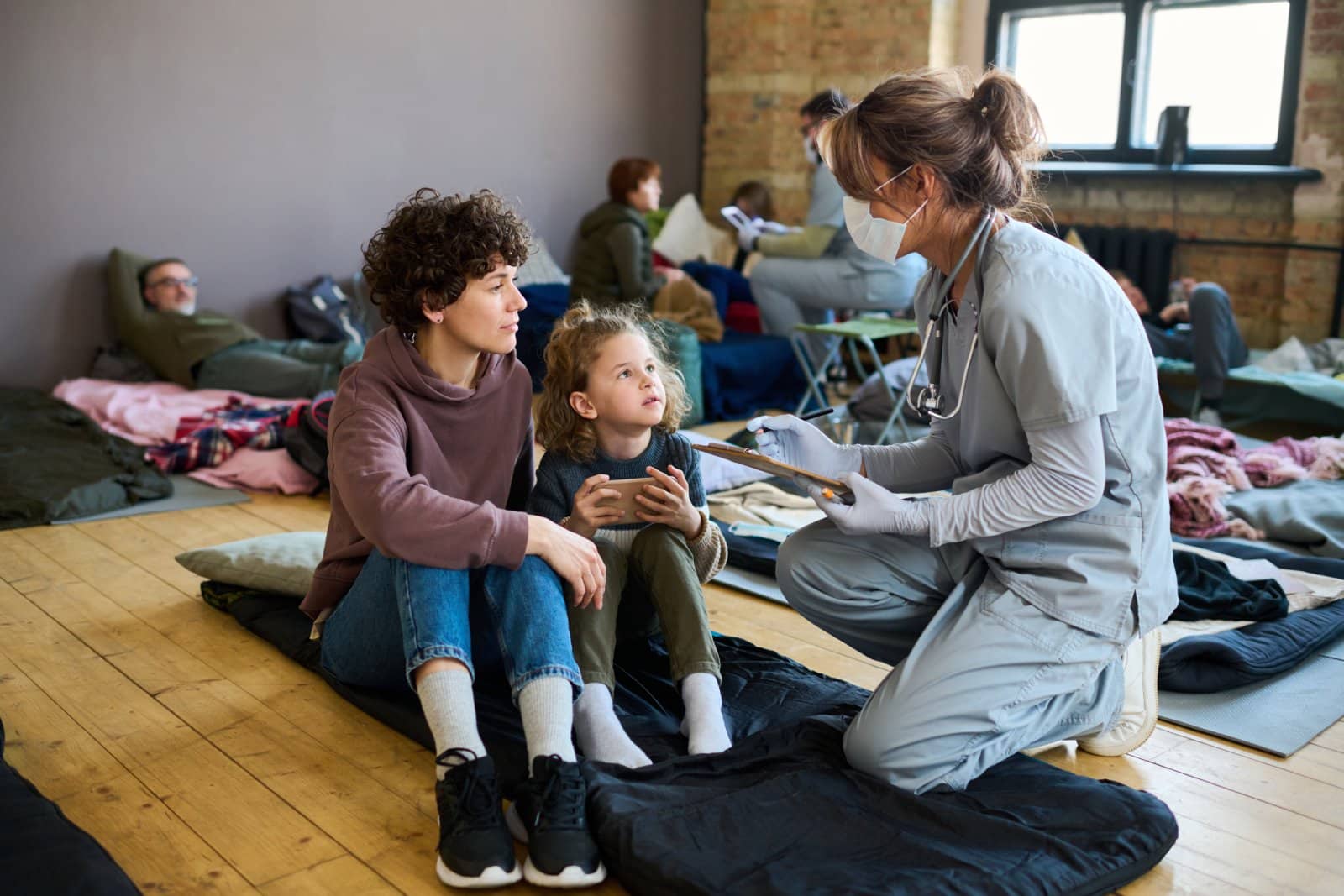
Many refugees struggle to access basic necessities such as food, water, shelter, and healthcare. Overcrowded refugee camps and inadequate humanitarian aid exacerbate these challenges, leaving refugees living in precarious conditions with limited resources to survive.
3. Legal Barriers and Lack of Protection
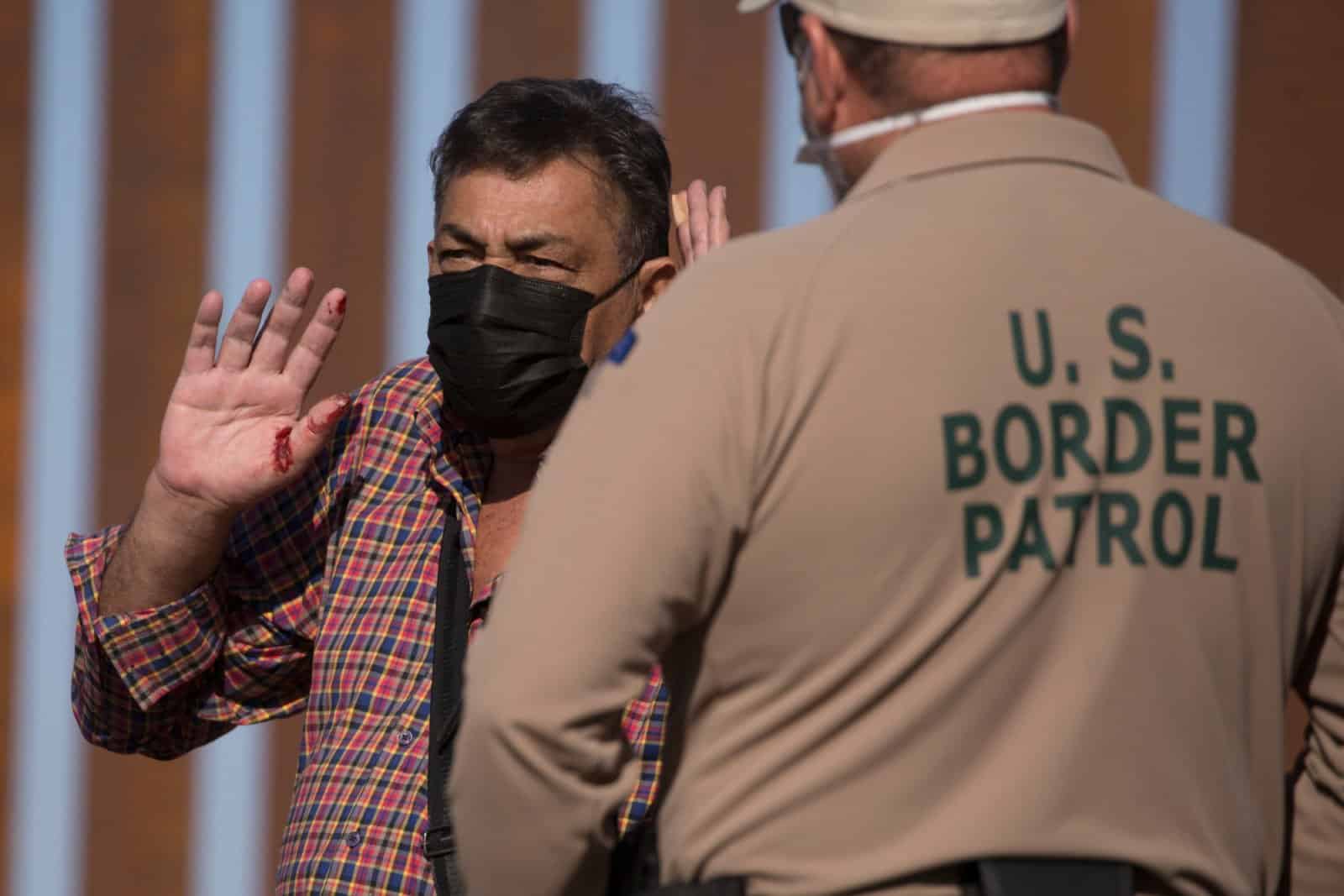
Refugees often encounter legal barriers that hinder their ability to seek asylum and obtain legal protection in host countries. Lengthy asylum processes, restrictive immigration policies, and the lack of legal representation further exacerbate their vulnerability, leaving them at risk of deportation or detention.
4. Family Separation and Displacement
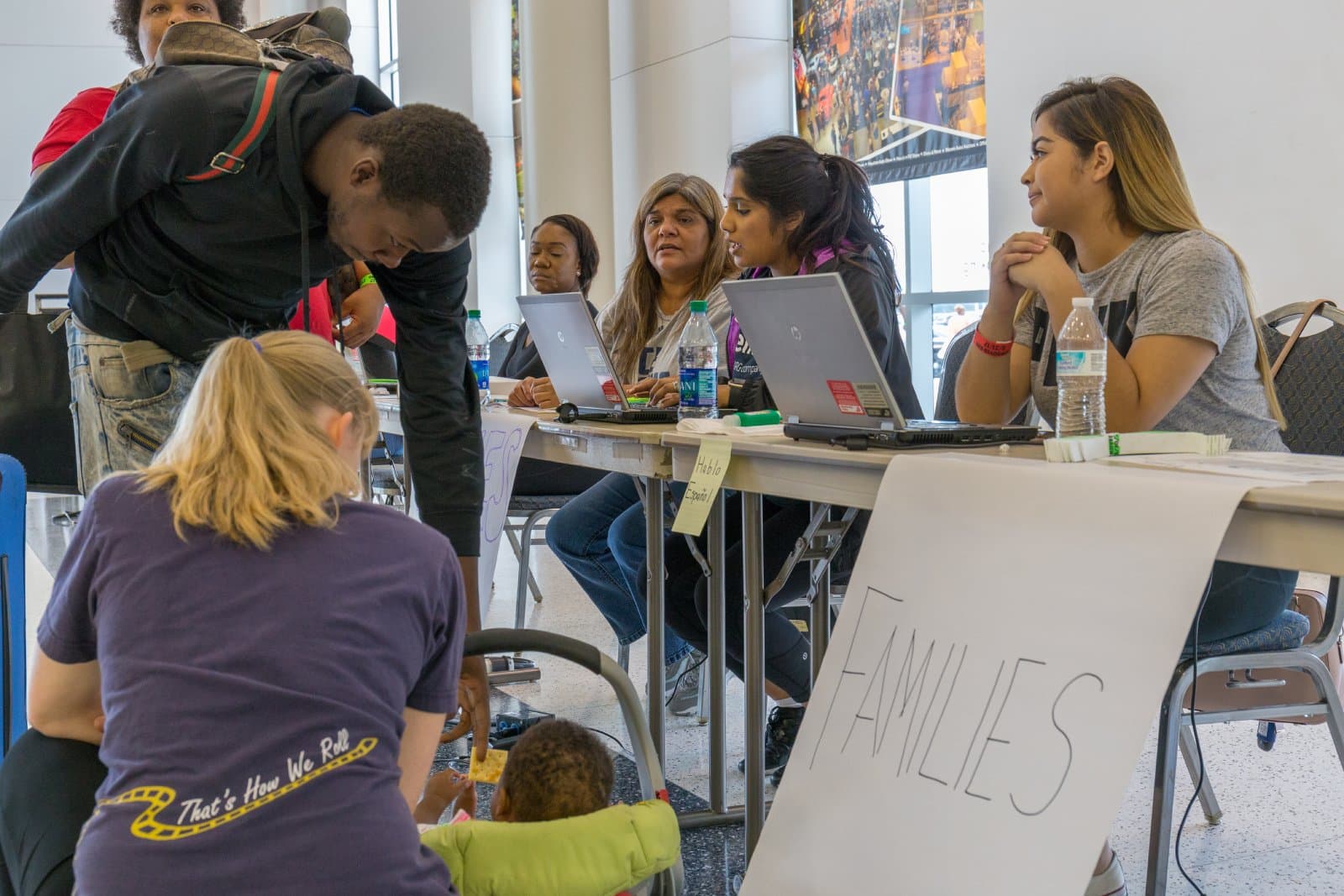
The forced displacement of families often leads to family separation, as members may become separated during the journey or resettled in different countries. The anguish of not knowing the fate of loved ones and the challenges of rebuilding family ties add to the trauma experienced by refugees.
5. Exploitation and Abuse
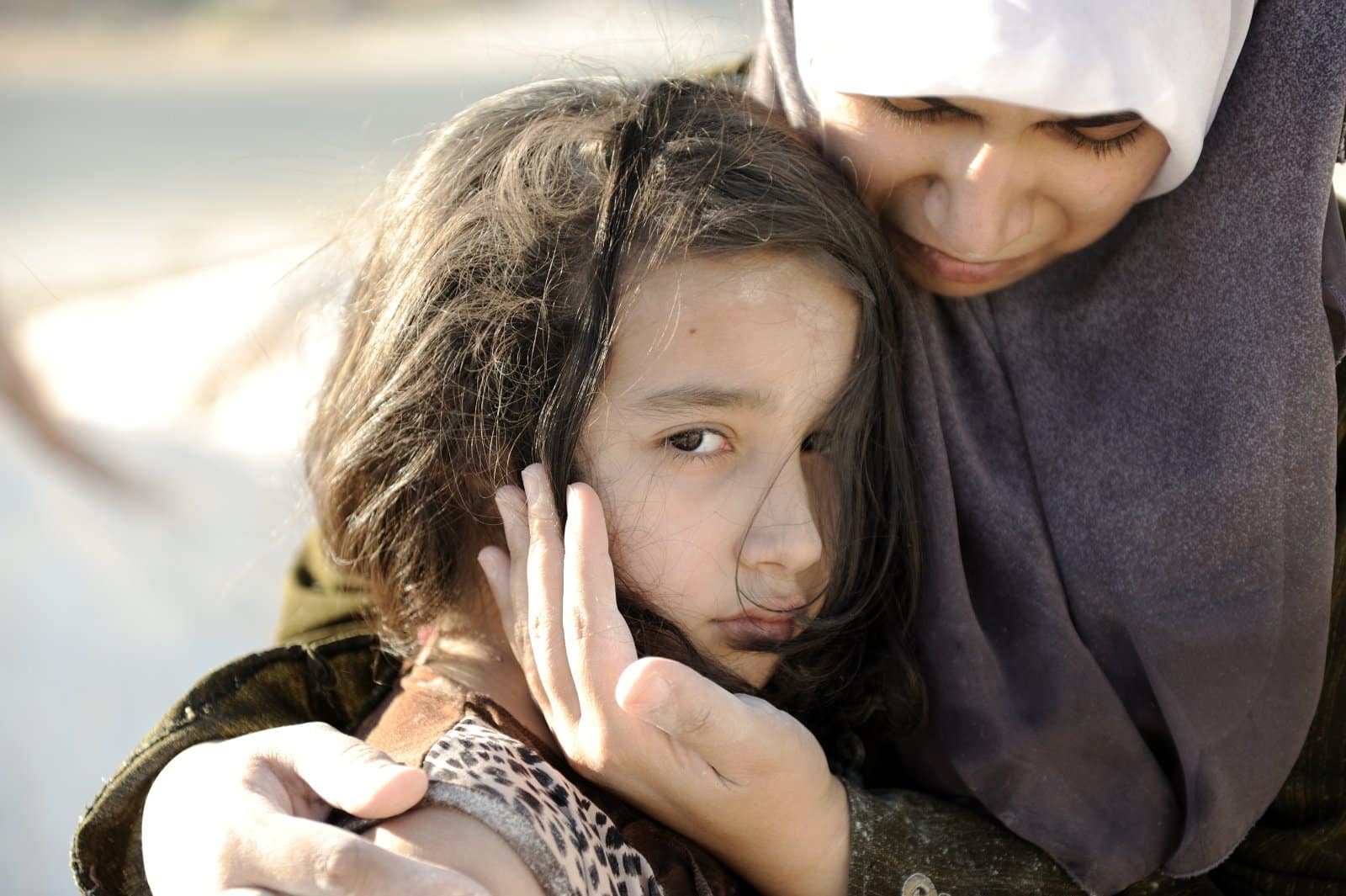
Refugees, particularly women and children, are vulnerable to exploitation and abuse, including human trafficking, forced labor, and sexual violence. The lack of legal protection and oversight in informal settlements and refugee camps exposes them to exploitation by criminal networks and unscrupulous individuals.
6. Mental Health and Trauma
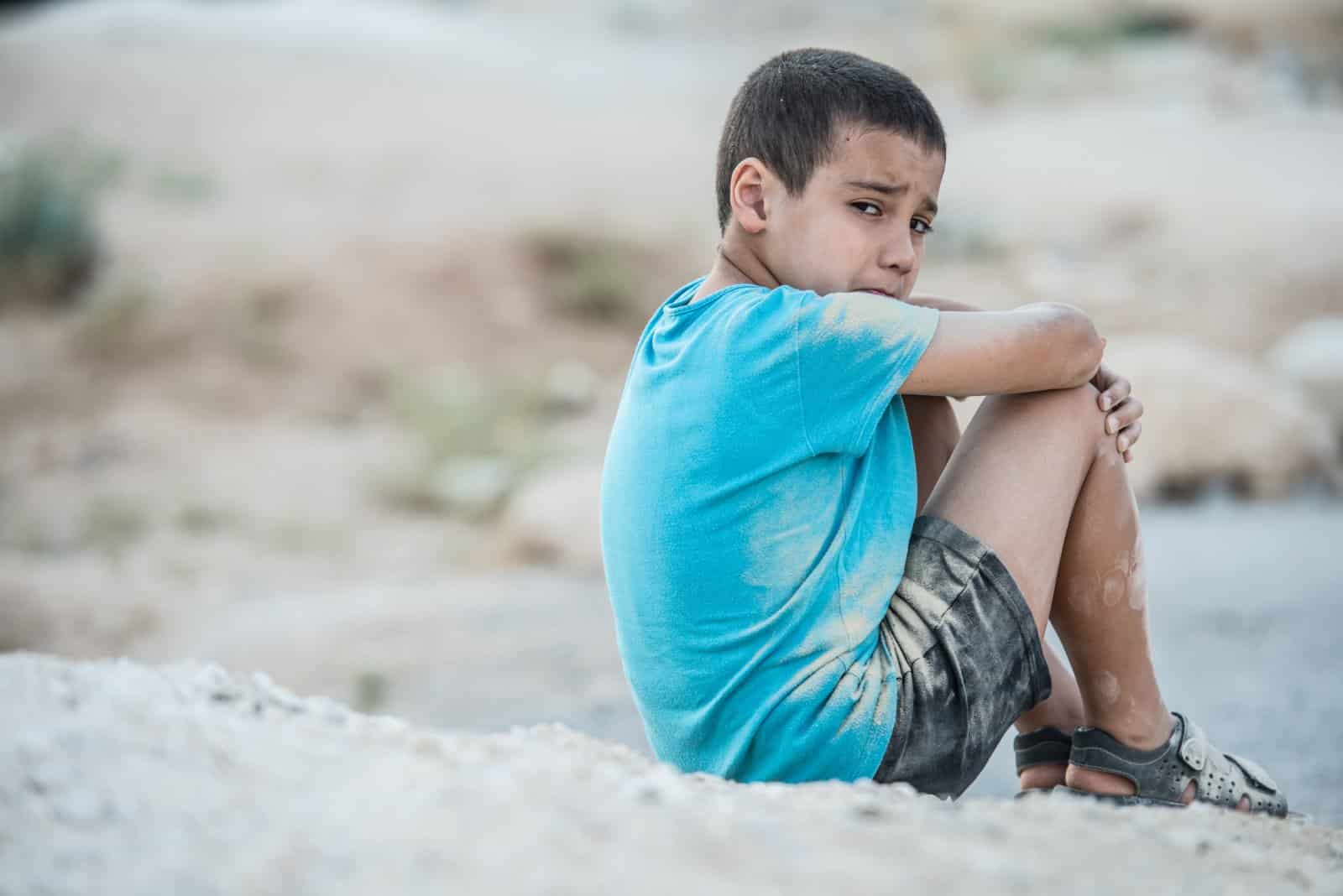
The experience of displacement, violence, and uncertainty takes a severe toll on the mental health of refugees, leading to high rates of depression, anxiety, and post-traumatic stress disorder (PTSD). However, access to mental health support and psychosocial services is often limited, exacerbating their suffering.
7. Lack of Durable Solutions
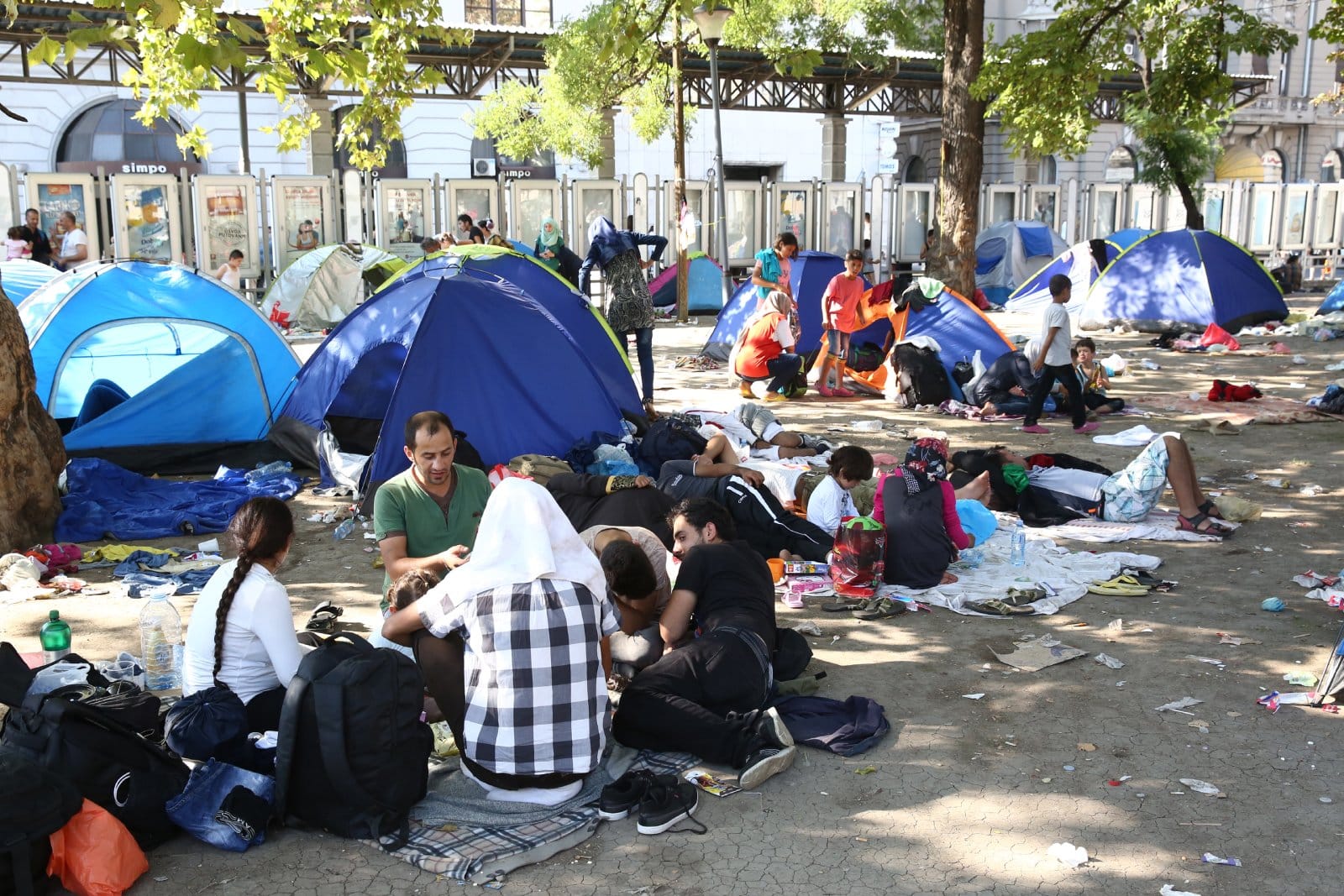
Many refugees find themselves in protracted situations, where they remain displaced for years or even decades without a durable solution in sight. The lack of opportunities for resettlement, integration, or voluntary return prolongs their suffering and perpetuates a cycle of displacement and vulnerability.
Fostering Global Responsibility
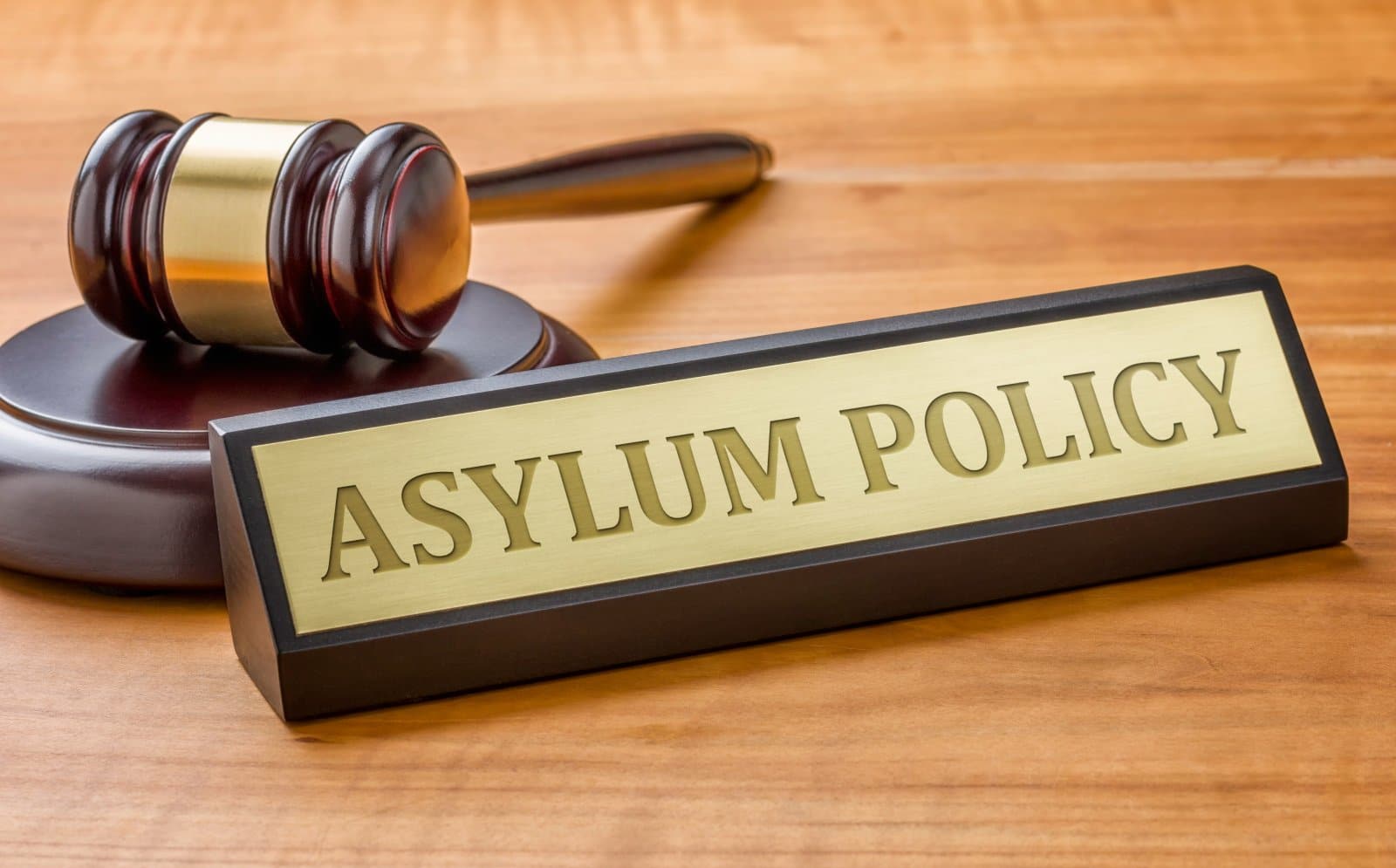
The injustices faced by refugees in their quest for safety underscore the urgent need for international solidarity and concerted action to uphold their rights and dignity. Addressing these injustices requires a comprehensive approach that addresses the root causes of displacement, ensures access to protection and support, and promotes durable solutions for refugees worldwide. Only then can we truly honor the humanity and resilience of those forced to flee their homes for safety and a better future.
The post 7 Alarming Inequalities Endured by Refugees first appeared on Pulse of Pride.
Featured Image Credit: Shutterstock / Alexandros Michailidis.
For transparency, this content was partly developed with AI assistance and carefully curated by an experienced editor to be informative and ensure accuracy.

